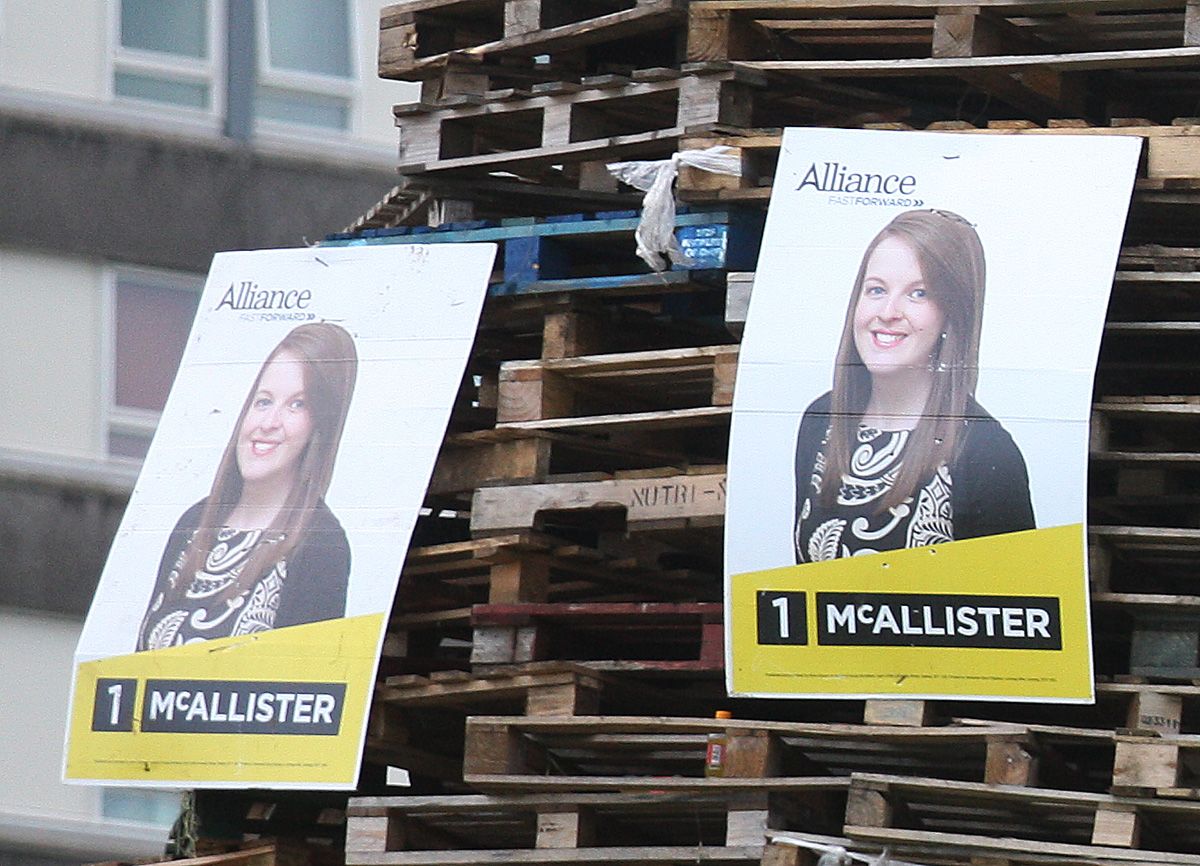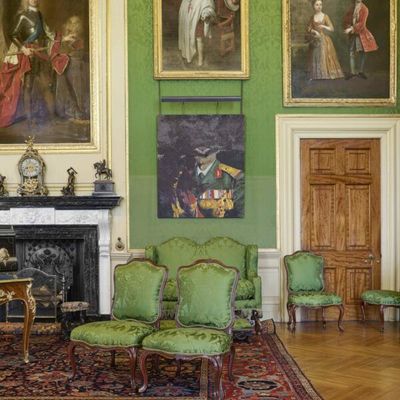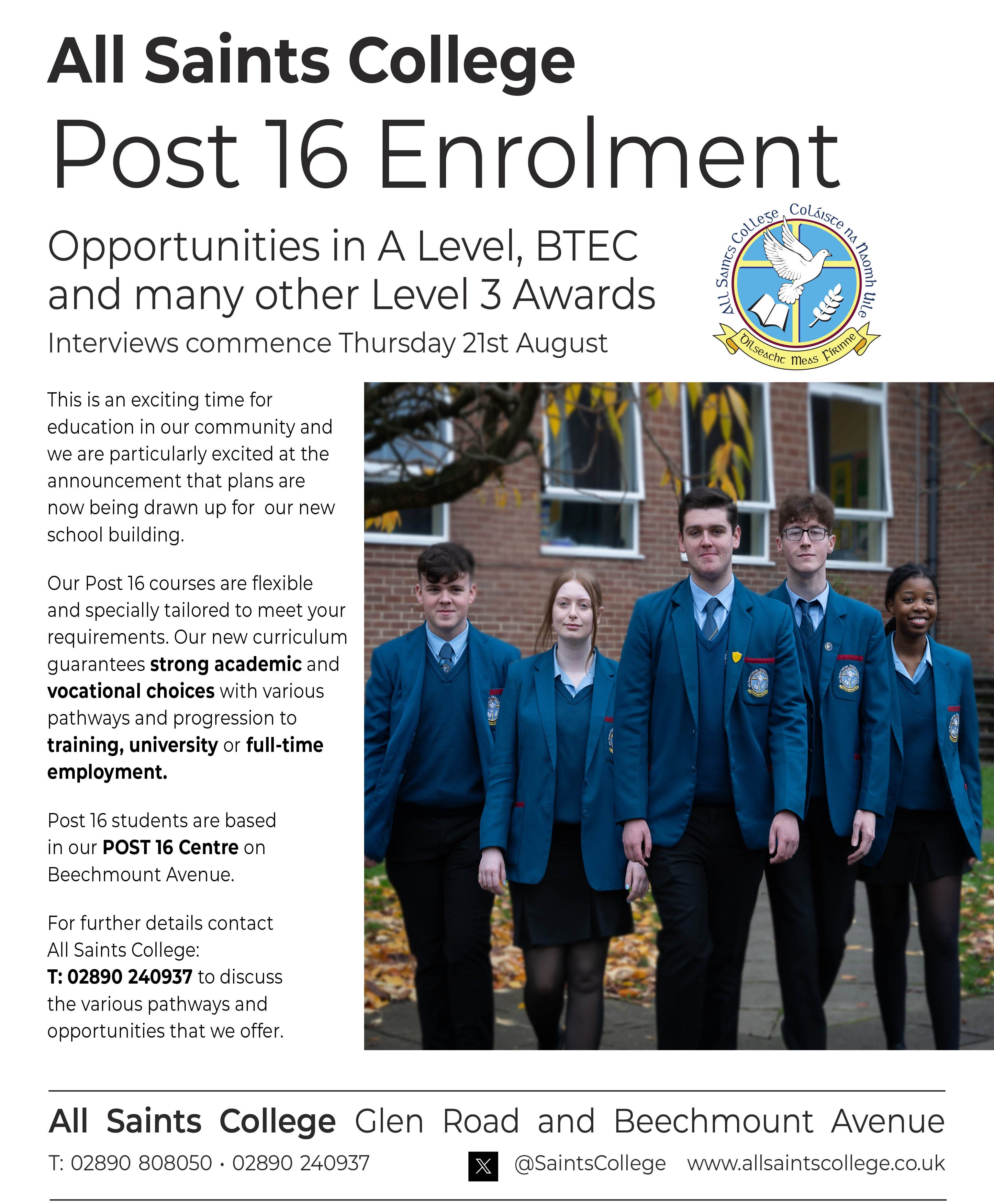HOW do we genuinely work towards cultural plurality when our own trauma is triggered by another's form of cultural expression? How do we gain the distance to observe in our bodies what is triggering while knowing there is good reason for being triggered? How do we continue a good enough peace? These were some of the questions going through my mind in recent days.
'Last Night a Flute Band Saved My Life' has been put together by Beyond Skin for the NI Mental Health Festival and the Building Cultural Networks (BCN) Convention at the Crown Plaza on Rights, Roles and Responsibilities.
The audience heard about the bands' attitude towards music. They don't see music as something people must have a gift for; rather they have a process of intergenerational teaching that takes any child through the rigours of learning, including children with learning difficulties,
Glenn Millar, a musician, youth leader and podcaster, started at age nine, learning over 100 compositions before joining the official band, at which point he had a democratic vote in all decisions that the band made. He remembers going to band practice twice a week in a bricked-up shop and sometimes coming out to find pandemonium had erupted on the streets while he had been learning a tune.
He said bands don't always show themselves in the best light, but the intergenerational support he has received while being a member has been invaluable, from receiving a few barrels of oil for heating his house after a divorce, to charity fundraising for others. During the pandemic it was the local bands with an organisational structure already in place that were out helping those in need. One woman in the audience said after moving over from Scotland with three children and after a relationship break-up and a child's cancer diagnosis it was the local band that fundraised for her to get over that difficult period.
There was talk of an online mental health support initiative after one band member attempted to commit suicide. This has mushroomed into a series of trainee counsellors being taught to give online support. Another audience member spoke of being diagnosed with ADHD as an adult and how the sheer joy of playing a musical instrument with other people helped him face that challenge. Support circles at the beginning of parades in some instances are being used to check in with people with mental health issues. There are even get-fit sessions ahead of the marching season.
Dr Gordon Ramsey has researched three different bands' culture from an anthropological perspective, and after being told he was not musical as a child the bands taught him to play as an adult and he is now a regular member. Wellbeing communities have developed within some bands to integrate new members. There was an interesting project in a school that started a band in order to help students who were failing in school, and it worked because they were not able to participate in the band unless their grades were good. The incentive improved their grades and their focus.
At the Rights Roles and Responsibilities Convention by BCN, which has been in existence for eighteen months and is funded by the IFI in 16 pilot areas, the arts were highlighted as a means of giving expression to cultural identity. There was an acknowledgement that the gathered participants were now in a minority and this did affect its rights, roles and responsibilities. A number of organisations were highlighted, including Blue Eagle Productions, who work through the media of drama by touring with productions that can "assist people in seeing the culture aspect of Protestantism in a positive light". There was input on how "as a community we do not see the best of us beamed out across the world" and it's often the worst examples that the media focus on.
Dr Winston Irvine facilitated a well organised discussion at tables among the 350 people gathered for the event where we all got an opportunity to give input around various issues including bonfires. At the table I was at there were participants in some of the bonfire pilots that BCN have been working with, helping them evolve and train up people in health and safety, first aid etc, with people acting as a go-between local residents and the statutory agencies to ensure safe, sensible, controlled bonfires, and discussion was had on how it's important to encourage, not enforce.
Sollus had a number of their highland dancers dance solos and we heard about the progress that some of the dancers have made. For some, their dance exams topped up their UCAS points to go to university, while another young woman is now part of the Belgium Tattoo Troupe, who have danced for the Taoiseach and the royal family and travelled to Holland, Switzerland, Germany and France. Their mission is to "have pride in your own culture and respect for others".
Highland dance getting the makeover BCN building cultural networks @crownplaza pic.twitter.com/zDnghGD5EL
— Bronagh Lawson (@bronagh) May 29, 2024
A fireside conversation was had on on seats made from pallets. Dan Gordon quizzed Carl Frampton, Jake McCleery and Callum Lynness. Carl spoke about the importance in his youth of collecting for the bonfire and the celebrations around it. He said the kind of excitement we all get for Christmas is the same feeling he got anticipating the 11th Night bonfire. The others spoke of worrying they had not raised enough funds to buy pallets for their bonfires, and something that Dan Gordon found surprising was that the group actually bought the pallets.
One group had arranged with its local council to have a cement base built into a car park so that it did not need retarmacked every year. Others wondered if there would still be bonfires in ten years. Statutory agencies were present and inputted their points of view and as I read down the list of objectives of BCN the one that caught my eye was "to harness the transformative power of the arts and culture, to progress peace and stability in Northern Ireland". There's a group from BCN going out with Habitat for Humanity to build houses overseas and I came away from the convention thinking that this was progress, but that time is required in order for others to see that as well.
• A reminder that the Belfast School of Art degree shows are open from this Friday, and with Late Night Art on Thursday night and the start of the Belfast Photo Festival, the arts are once more pushing through contemporary society.





